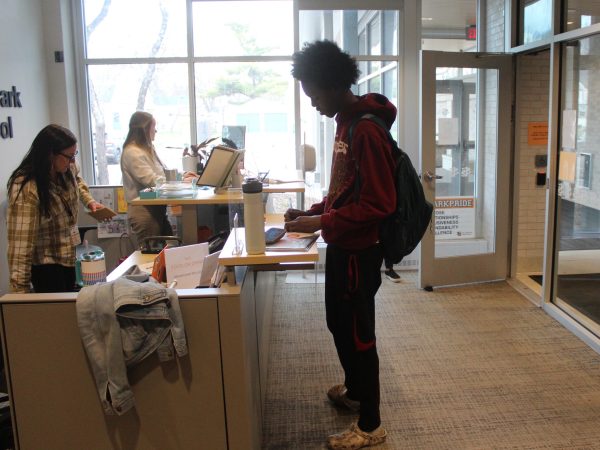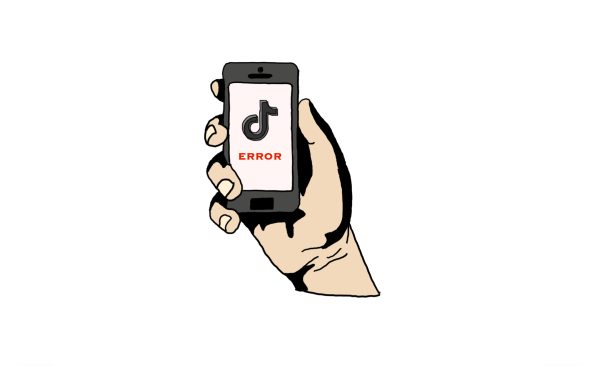Vaccine requirements protect public
Cities, states have right to implement mandatory vaccinations
May 14, 2019
Outbreaks of diseases like measles are extremely dangerous. It is unfair to the rest of the population for individuals to refuse vaccinations without proper cause. Cities and states can limit the harm done by these preventable diseases by requiring vaccines.
In Jacobson v. Massachusetts 1905, the Supreme Court ruled mandatory vaccinations can be enacted by states when public health requires it. Cities can and should order residents to get certain vaccinations, especially during outbreaks. If residents still choose to refuse to get vaccinated, it would be unethical to physically force them to get vaccinated. However, if an individual refuses to comply, it is fair to threaten legal or financial consequences.
The controversy over vaccinations centers on the debate between personal liberty and public safety. However, even in the United States no person is completely free. Sacrifices must be made as a compromise to living in this society.
Attempting to deal with a severe measles outbreak, earlier this month New York City officials mandated residents in an area heavily impacted by the outbreak to get vaccinated or be fined up to $1,000. Within nine days, over 500 children were vaccinated. City officials made the right call in this case and set an important example that sometimes the government’s duty to protect an individual’s freedom must be forfeited in favor of saving lives.
People’s vaccination rights do not justify the untold results of widespread outbreaks of easily preventable diseases. An individual cannot protest a violation of their rights if they refuse to be vaccinated because they are putting everyone around them at risk, violating the public’s unalienable rights.
Although measles was declared eradicated in the United States in 2000, the disease has made its way back into our country. Cities and states need to take action to resolve current outbreaks and prevent new ones from occurring.
Minnesota school vaccination laws are fairly extensive, but there are numerous ways parents can find a way to opt-out. Those who do so endanger everyone around them. St. Louis Park, and Minnesota in general, need to re-examine vaccination laws to ensure they are effective.
However, mandatory vaccinations will not solve the long-term problem. Cities and states, including St. Louis Park, need to further develop vaccine education campaigns to ensure the information surrounding vaccines is accurate.














